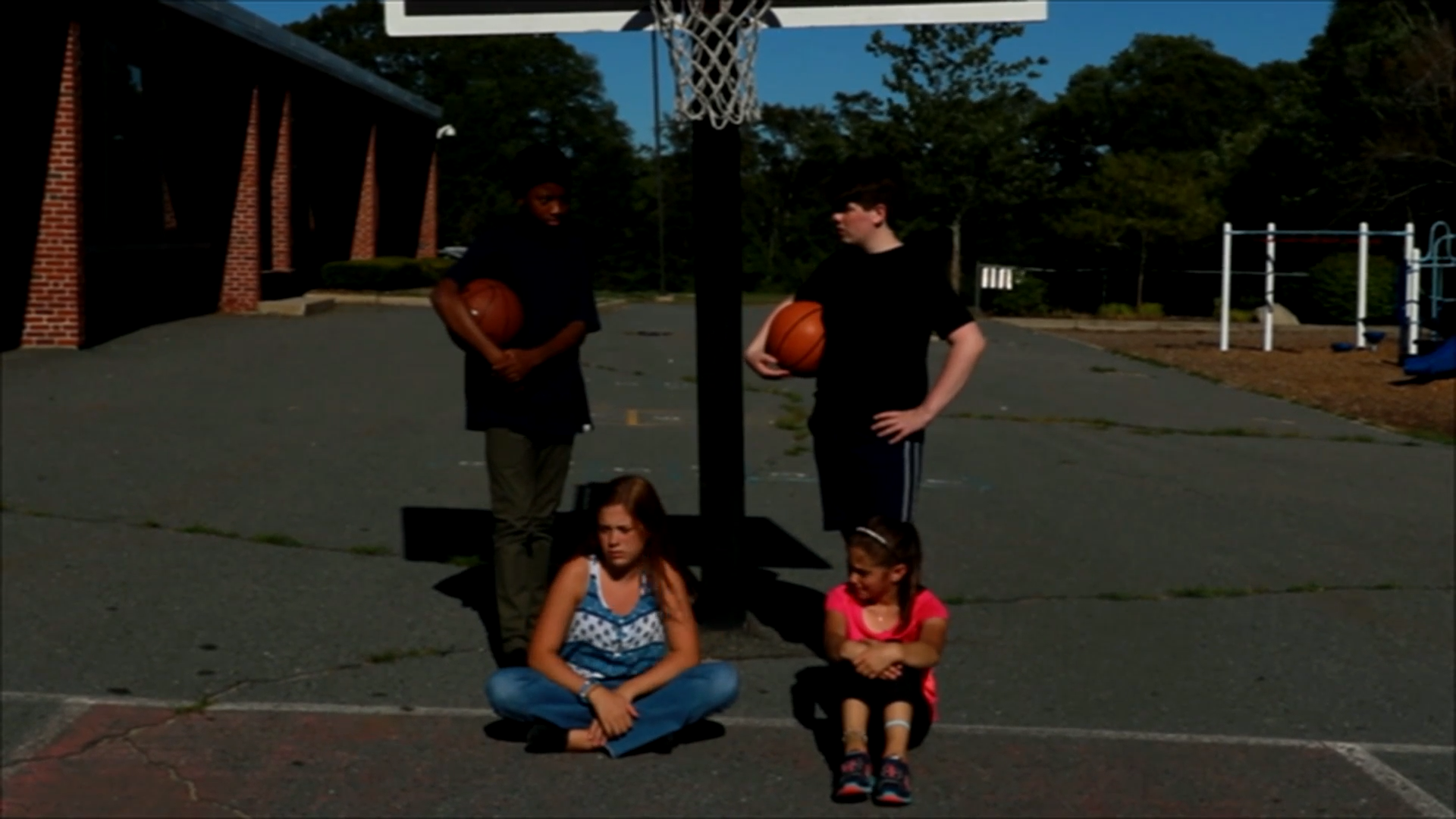
Introduction
As educators, we know the importance of teaching our students not only academic skills but also social-emotional skills. One essential skill for PreK students is learning how to cooperate and solve problems effectively. In this blog post, we will discuss a no-prep activity that helps students understand the importance of cooperation and problem-solving. We will also provide discussion questions, mention related skills, and provide information on how to access free sample materials for further learning.
No-Prep Activity: The Cooperation Game
This activity requires no preparation or materials and can be done in any setting. The Cooperation Game encourages students to work together and think critically about solving a problem.
- Split the students into small groups of 3-5.
- Explain that each group will be given a simple problem to solve, but they must work together as a team to find the solution.
- Give each group a problem to solve. Examples of problems include: finding a way to move an imaginary object from one side of the room to the other without touching it, or deciding on a team name that everyone in the group likes.
- Observe the students as they work together to solve the problem. Take note of how they communicate, listen, and collaborate.
- Once the groups have solved their problem, bring the class back together and discuss what strategies they used to cooperate and solve the problem.
Discussion Questions
After completing the Cooperation Game, use the following questions to stimulate further discussions:
- What strategies did your group use to work together and solve the problem?
- How did it feel to cooperate with your group members?
- What challenges did your group face while working together? How did you overcome them?
- How can you use cooperation and problem-solving skills in other situations at school or at home?
- Why is it important to respect others’ feelings and opinions while solving problems?
Related Skills
Besides cooperation and problem-solving, there are other essential social-emotional skills that PreK students should develop. Some of these skills include:
- Active listening: Paying attention and showing understanding when others are speaking.
- Empathy: Understanding and sharing the feelings of others.
- Assertiveness: Expressing one’s own needs and opinions in a respectful manner.
- Conflict resolution: Finding a peaceful and fair solution to disagreements.
Next Steps
Now that you have an idea of how to teach cooperation and problem-solving to PreK students, it’s time to explore more resources and activities. To access free sample materials of this skill and others, visit Everyday Speech’s sample materials page. These resources will help you continue to foster a positive learning environment and support the social-emotional growth of your students.

